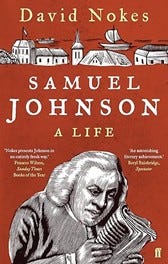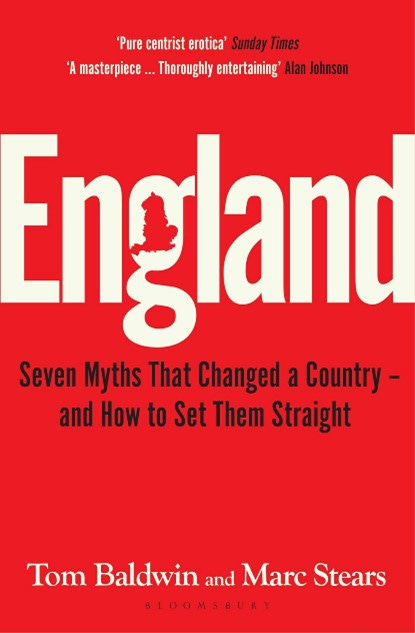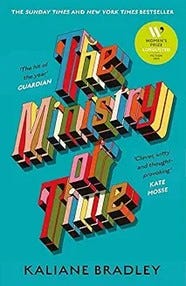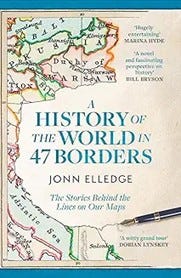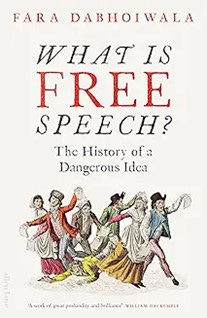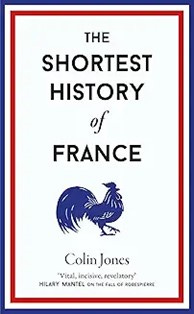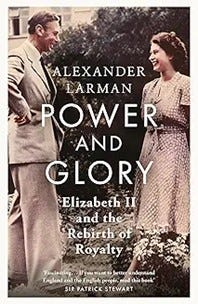Dear Fellow Bookworm
Isn’t it lovely to feel some serious warmth from the sun at last, unimpeded by chillyness? Spring has finally arrived and the clocks go forward this week. The central heating will soon be switched off for months and it will be warm enough to sit outside to read. It’s been a long wait.
Our new bichon puppies have now been with us for a fortnight and I can not now really imagine life without them. Each day brings new discoveries as their confidence grows. They apparently give every impression of keenly anticipating my return from work of an evening and certainly appear wildly excited to see me when I open the front door. I doubt anyone else will ever feel like that about me ever again. We bought one or two chewable toys for them to munch on as a means of dissuading them from biting the furniture (and the books), but these are not of great interest. Far more favoured are pieces of cardboard and empty plastic bottles. These give them – literally – hours of fun each day.
This week I have been immersed in the eighteenth century London world of Sam Johnson. He is always known as Samuel, but a man who signed all his letters ‘Sam’ should really be known likewise. I have been reading Boswell’s huge and fantastically engaging ‘Life’ of Johnson as well as some recent biographies. I have also been perusing some of Johnson’s essays and have been planning an ‘In the footsteps of Sam Johnson’ literary walk in London which will take me, and anyone else who cares to follow, from St James’s Square to Bolt Court via Leicester Square, Covent Garden, Lincolns Inn Fields and Fleet Street. I have had hours of fun looking at Pevsner when sketching out the best route, as well as John Rocque’s map of London’s streets that was published in 1738 soon after Sam arrived in London as a young man. I also completed the David Nokes biography and can recommend it heartily.
The other book I completed this week was a book group read called ‘The Art Thief’ by Michael Finkel. It is the story of an extraordinarily successful art thief called Stephane Breitwieser, a man from Alsace who, together with his girlfriend / accomplice, Anne-Catherine Kleinklaus, stole hundreds of works from galleries and museums between 1996 and 2001. It didn’t end well for them, but the story is fascinating and told very well in this little account.
I am now well into Samuel Butler’s ‘The Way of All Flesh’. It took some getting into, but about a third of the way in it suddenly comes alive with the arrival on the scene of a central character by the name of Ernest Pontifex. I am now completely hooked and understand why this classic novel written between 1874 and 1883 is so widely loved and respected.
Tony Benn
This week marks the centenary of the birth of Anthony Wedgewood Benn (1925 – 2014), one of the most influential British politicians of the late twentieth century. Unlike most people his thinking moved in a steadily more left-wing direction as he aged and his name shrunk, but while his politics became more and more radical, he remained the impeccable upper-class gentleman in the way he practiced them. He was unfailingly polite, charming, interested in others and tolerant of alternative opinions when pleasantly expressed. He published an incredible nine large volumes of extracts from the diary he dictated each evening, as well as several other books of speeches, journalism and autobiography. The diaries take him from schooldays at Westminster, to Oxford where he became Union President, into the RAF during the War and on into Parliament at the age of twenty-five where he remained for almost all the remainder of his professional life. I saw him speak once when I was at university, during the high point of Thatcherism, and he was magnetic. He told a story about a little boy – I think from Italy – who got stuck down a dark well. The villagers kept lowering ropes to help him out, but none were long enough to reach him. The little boy shouted back ‘tie your ropes together!’ They did, and that was how he was rescued. “That is what we need to do”, Benn exclaimed, his voice heading towards an ever louder crescendo; “Tie your ropes together! Tie your ropes together!”. Tony Benn also memorably moved me when I read the account of his wife’s death in the diary entry for 22nd November 2000. It is extraordinary, that over twenty years after first reading it I cannot recall that passage without feeling tears welling up.
This radio tribute by one of his many political opponents who were also friends, David Davis MP is a delight:
https://www.bbc.co.uk/sounds/play/b03zqmw3
George Macdonald Fraser
This week also marks the centenary of the birth of George Macdonald Fraser (1925 – 2008) author of twelve novels based on the fictional exploits of Sir Harry Paget Flashman, the school bully originally created by Thomas Hughes in his “Tom Brown’s Schooldays”. Fraser re-imagined him as an old man looking back on a career of womanising and daring-do in numerous imperial battles, despite at heart being a physical coward. The novels were hugely successful, and Fraser went on to publish many others in a similar vein as well as volumes of short stories, many featuring the Flashman character. Living for most of his life on the Isle of Man, he was also a successful writer of screenplays, the most prominent being the one that he wrote for the James Bond film ‘Octopussy’.
Here he is talking about his work with James Naughtie and a small audience of fans on BBC Radio 4 in 2006.
https://www.bbc.co.uk/sounds/play/p00f8lrb
John Tyler
The tenth President of the United States, John Tyler (1790-1862), was born 235 years ago this week. He was the youngest to assume office to date, being aged just 51 and was the first Vice President to succeed a deceased incumbent, becoming President in 1841 when William Henry Harrison died suddenly just one month after being elected. He proved to be a poor politician, bypassing Congress when he could and being expelled from his own party while in office. His nickname, reflecting the extraordinary series of lucky breaks that had propelled him to the presidency, was ‘Your Accidency”. He owned slaves who he never freed and later in life supported the Confederacy in the run up to the American Civil War. He fathered a total of fifteen children, but in other respects must be numbered among the most unremarkable, unsuccessful and unloved American Presidents to date. Yet there is one quite astonishing fact relating to him that always amazes me and is the reason I am writing about him today. One of his grandchildren is still alive. It is unbelievable but true. The gentleman concerned is one Harrison Ruffin Tyler. He was born in 1928 and is the son of Lyon Gardiner Tyler (1853 – 1935), the fourth son of President John Tyler. Lyon was born when his father was 63 years old, and William was born when Lyon was 75. Very unusual, but biologically entirely possible!
Some New releases which caught my eye this week:
Bookish television this week:
BBC4 - Thursday 3rd April at 9.30
An archive documentary from 2000 in the excellent Omnibus series. This one is entitled ‘The Great Gatsby: Midnight in Manhattan’. It discusses both the influential and much loved novel and its creator, F Scott Fitzgerald. April marks the 100th anniversary of the book’s publication.
That’s your lot this week license-paying bookworms. Better browse YouTube instead.
Bookish radio this week:
BBC Radio 4 Extra - 9.00pm on Saturday 29th March
An archive interview from 1977 with Christopher Isherwood about his memoir and formative experiences
BBC Radio 4 – 4.00 on Saturday 30th March
The final episode of James Crawford’s ‘Take Four Books’ series. This one focuses on Eoin McNamee’s novel, ‘The Bureau’, which is published this week.
BBC Radio 4 – 10.45pm Monday – Friday
An abridged reading of E.M Forster’s ‘Maurice’ commences in the nightly ‘Book at Bedtime’ slot
BBC Radio 4 – 3.00 on Monday 31st March
Another episode of ‘A Good Read’ with Harriet Gilbert and two guests I have never heard of.
BBC Radio 4 Extra – 4.30 on Monday 31st March
“James Bond: License to Kilt” in which the late Robbie Coltrane discusses Ian Fleming’s influences and James Bond’s Scottish connections.
Yours sincerely,
Stephen





